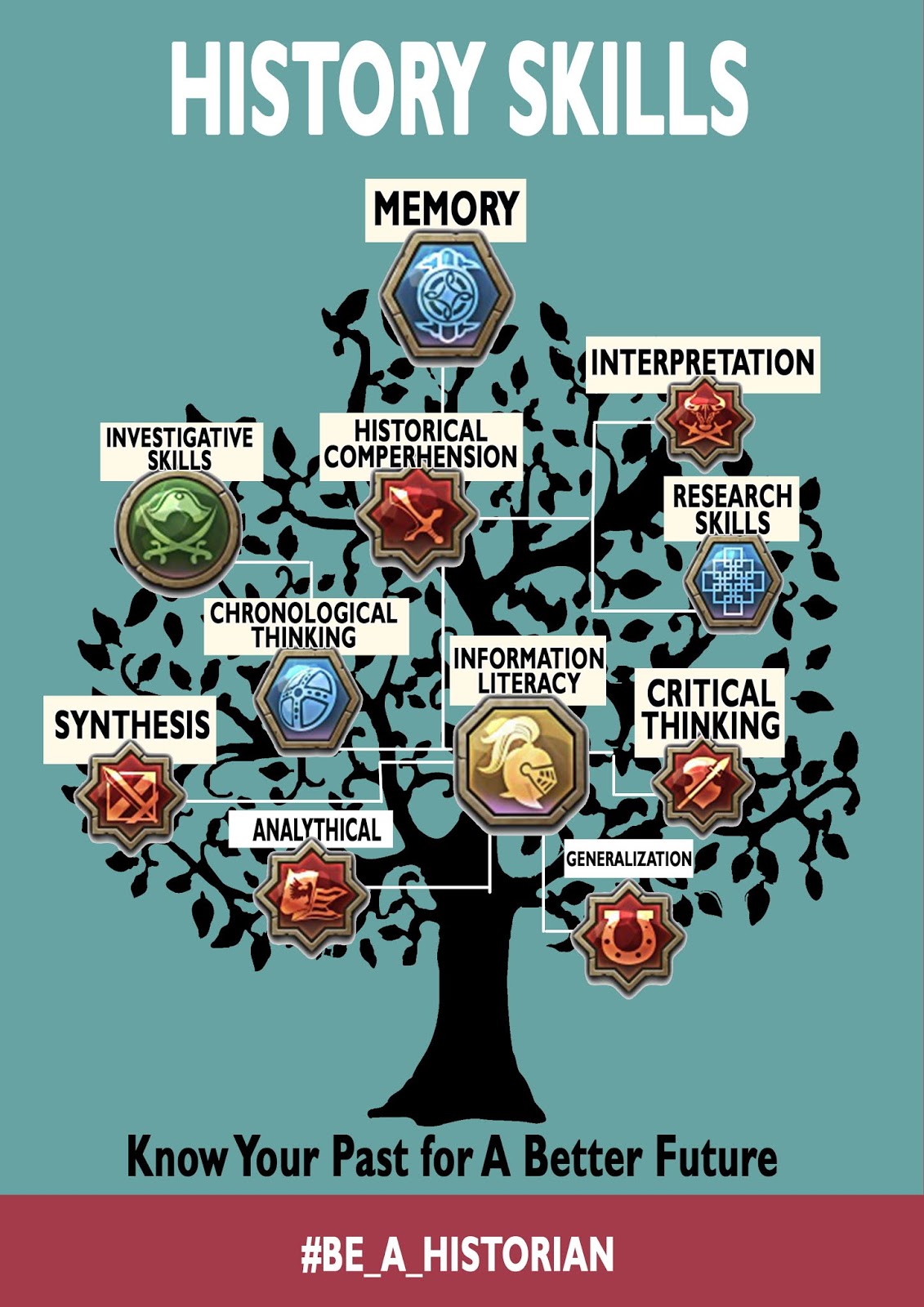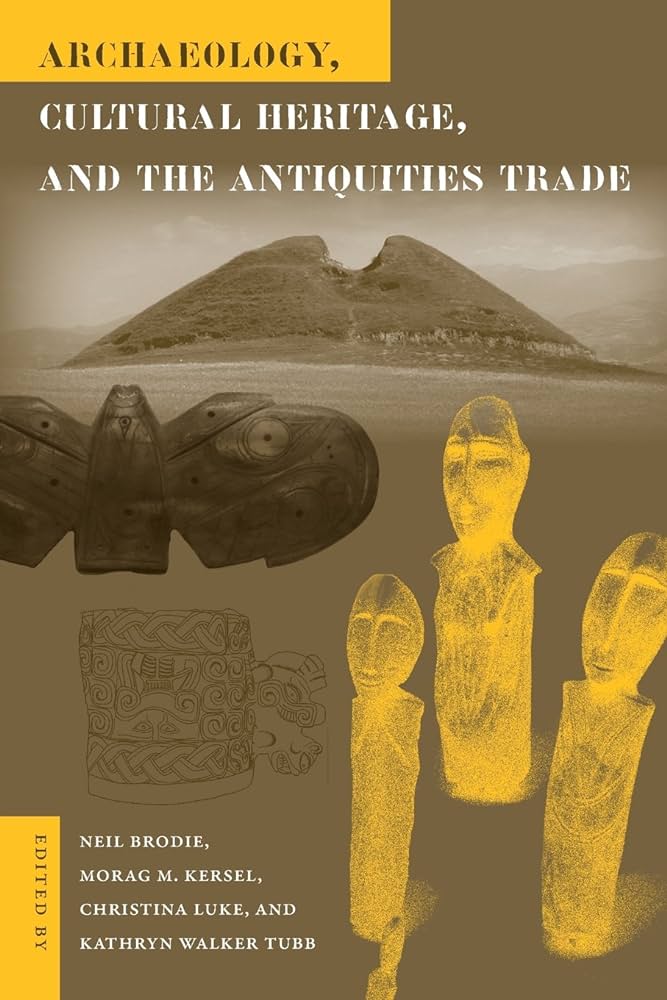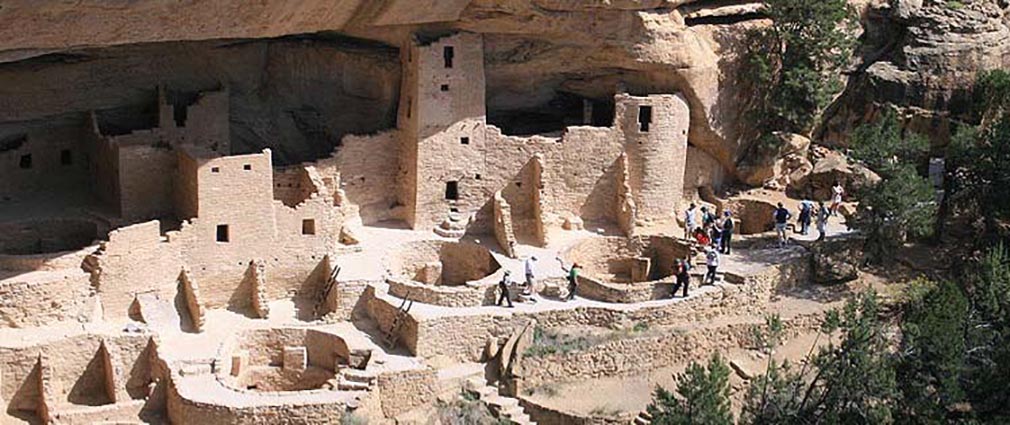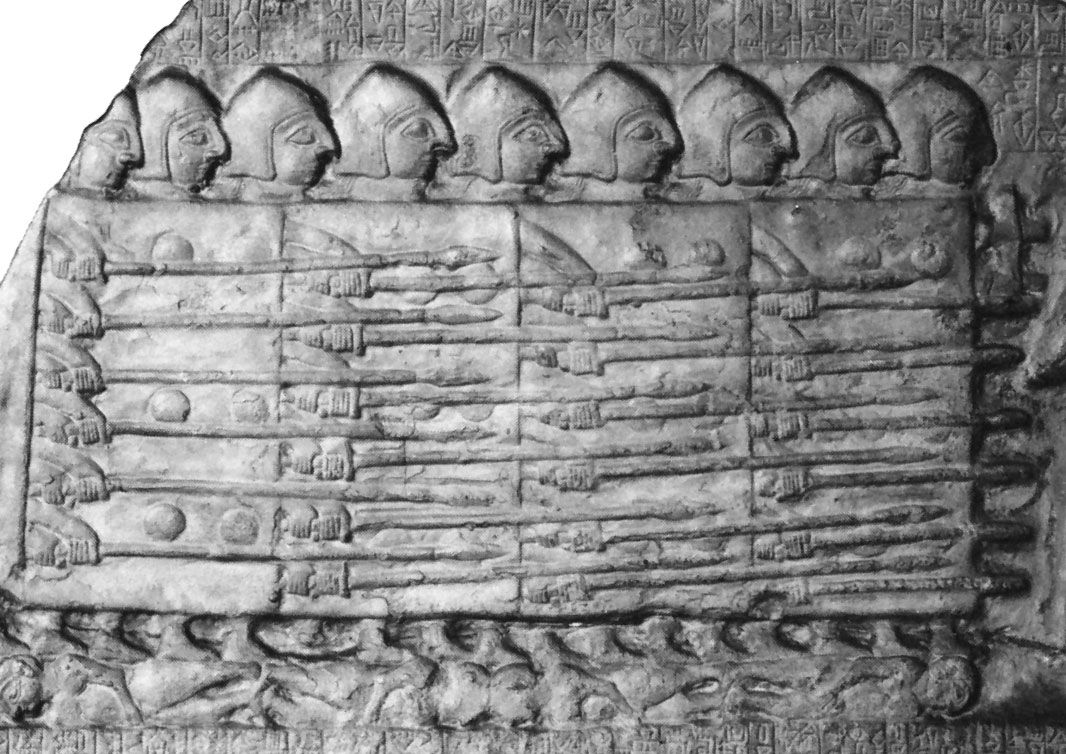Are you fascinated by the mysteries of the past? Have you ever wondered how archaeologists uncover these stories and uncover the secrets of the past?
Archaeological research methods are the tools and techniques that archaeologists use to uncover the hidden history of past civilizations. By studying ancient artifacts, sites, and other evidence, archaeologists can learn about cultures, civilizations, and other societies that once existed.
Archaeological research methods can include excavation, survey, and lab analysis. Excavation is the process of uncovering and recording artifacts, features, and other evidence from a specific archaeological site. Survey is the process of collecting information about the environment and features of an area prior to excavation, while lab analysis is the process of examining artifacts and other evidence in a lab setting.
Archaeologists use a variety of techniques to uncover the secrets of the past. These techniques can include aerial photography, soil stratigraphy, geomorphology, and remote sensing. Aerial photography can be used to identify sites and features that may not be visible from the ground. Soil stratigraphy is the process of analyzing the layering of soil deposits to help identify cultural or geological features. Geomorphology is the study of the surface features of an area, and remote sensing is the use of satellites and other technologies to collect data about an area.
No matter the technique used, archaeological research methods help us to understand the past and make sense of it in the present. By using archaeological research methods, we can learn about the lives and cultures of past civilizations and gain a better understanding of our own history.
If you’re interested in exploring the mysteries of the past, consider learning more about archaeological research methods. With the right knowledge and skills, you can uncover the secrets of the past and gain a deeper understanding of our history.











